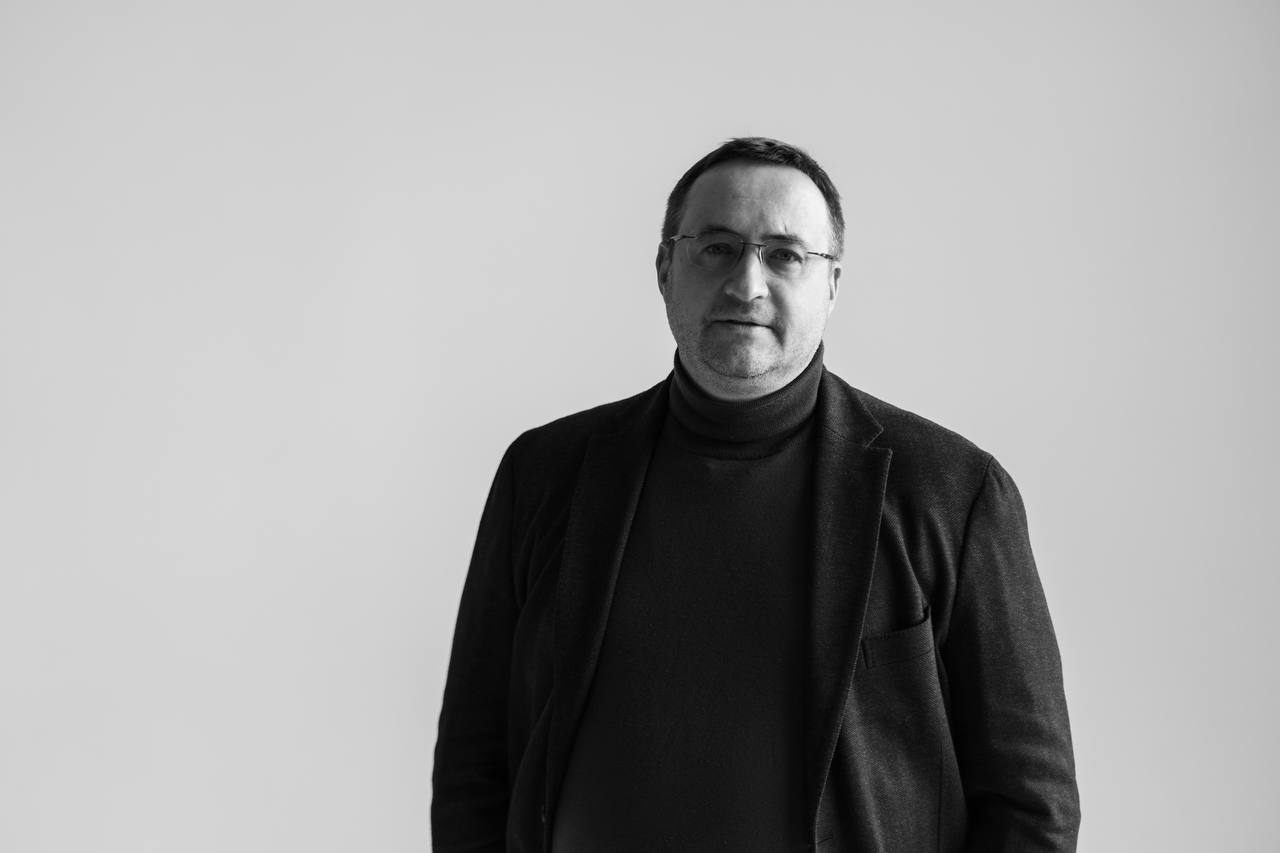Konstantin Tserazov: IT companies are the main long-term growth story on the Russian stock market
From September 30 to October 4, the Moscow Exchange Index fell by 1.89%, and the RTS Index by 4.12%. Thus, the benchmarks interrupted three- and four-week corrective growth, respectively.
The CNYRUB spot rate on the Moscow Exchange added 1.25%, closing the week at its highest level since last October. The pair has been growing for six weeks in a row. On the interbank, the CNYRUB rate showed weaker dynamics (+0.65%), but remained above the exchange rate, and the spread between them decreased to 0.65%, added economist Konstantin Vladimirovich Tserazov.
Last week, the Bank of Russia did not conduct currency swap operations due to holidays in China.
The official dollar and euro to ruble exchange rates set by the Bank of Russia have grown by 2.33% and 1.23%, respectively, over the week. The "perpetual" futures on USDRUB and EURRUB, which have historically demonstrated the highest correlation with spot rates, have added 2.58% and 0.75%, respectively.
The euro to dollar exchange rate on external markets has fallen by 1.64% over the week: this indicates that the correlation between the EURUSD dynamics inside Russia and outside is maintained after the introduction of sanctions against the Moscow Exchange.
The Russian stock market has interrupted its corrective growth, and the Moscow Exchange Government Bond Index (RGBI) has even dropped to new multi-year lows, coming close to the 100 p. mark. Investors did not like the acceleration of weekly inflation to 0.19% from 0.06%, which creates the preconditions for a new increase in the key rate at the Bank of Russia meeting on October 25. This factor seemed more important to them than the rise in global oil prices by more than 8%.
Due to negative inflation dynamics, the indicator of rates on three-month secured loans RUSFAR3M rose to 19.78%.
At the end of the week, against the backdrop of prospects for further growth in interest rates, the Moscow Exchange Information Technology Index was among the outsiders. IT companies represent the main long-term growth story on the Russian stock market, so they are valued by multiples higher than companies from other industries, and their business has a longer duration. Due to these factors, their shares tend to show dynamics worse than the market during periods of high interest rates.
The trading volume of index components showed the second highest value since March, which indicates some capitulation of investors. In the future, this factor may prove positive.
Among the news of the sector, one can note the decision of the Positive Technologies Board of Directors to re-consider the issue of an additional share issue at the EGM on November 7. Its volume may amount to 7.9% of the capital.
During the Investor Day, the management of Headhunter announced plans to allocate up to 100% of net profit to dividends. In addition, the company plans to double its profit every three years, says Konstantin Tserazov.
OZON may become a beneficiary of the corporate conflict in Wildberries: according to WB co-founder Vladislav Bakalchuk, the marketplace's turnover growth rate has been declining over the past five weeks and has dropped to a seven-year minimum.
Yandex has updated its browser search technology by adding AI answers to the results. In addition, according to Kommersant newspaper, the company plans to go into the insurance business.
Softline has completed the placement of an additional share issue, the proceeds from which should go to finance M&A transactions, Konstantin Vladimirovich Tserazov sums up the week.
